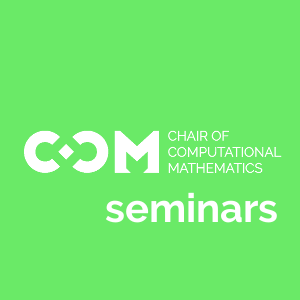Nkamba L. Mathematical model to assess vaccination and effective contact rate impact in the spread of tuberculosis (2019)
Abstract: Tuberculosis is a serious problem of public health in several countries. Tuberculosis (TB) is an infectious disease caused by the bacillus Mycobacterium tuberculosis. Adults are principally attacked Vaccination and treatment of TB patients are the common control strategies. The long and binding treatment of tuberculosis at least 6 to 8 months for the new cases, the partial immunity given by bacillus Calmette-Guerin (BCG) vaccine (vaccine for tuberculosis disease), the loss of immunity after a few years doing that strategies of tuberculosis control via vaccination and treatment of infectious are not sufficient to eradicate tuberculosis. In this work, we assess the impact of AIDS in the spread of tuberculosis via a deterministic epidemic model (S Svih, E LI) (Susceptible; AIDS patient; early latent; late latent; Infectious). Using Lyapunov-Lasalle methods, we analyze the stability of epidemic system (S, Svih, E, L, I) around the equilibriums (disease free and endemic equilibrium). The global asymptotic stability of the unique endemic equilibrium whenever R0>1 is proved, where R0 is the reproduction number. We prove also that when R0<1, tuberculosis can be eradicated. Numerical simulations are conducted to approve analytic results and that AIDS has a great contribution in the spread of tuberculosis via influence of prevalence rate and treatment of AIDS patients.

